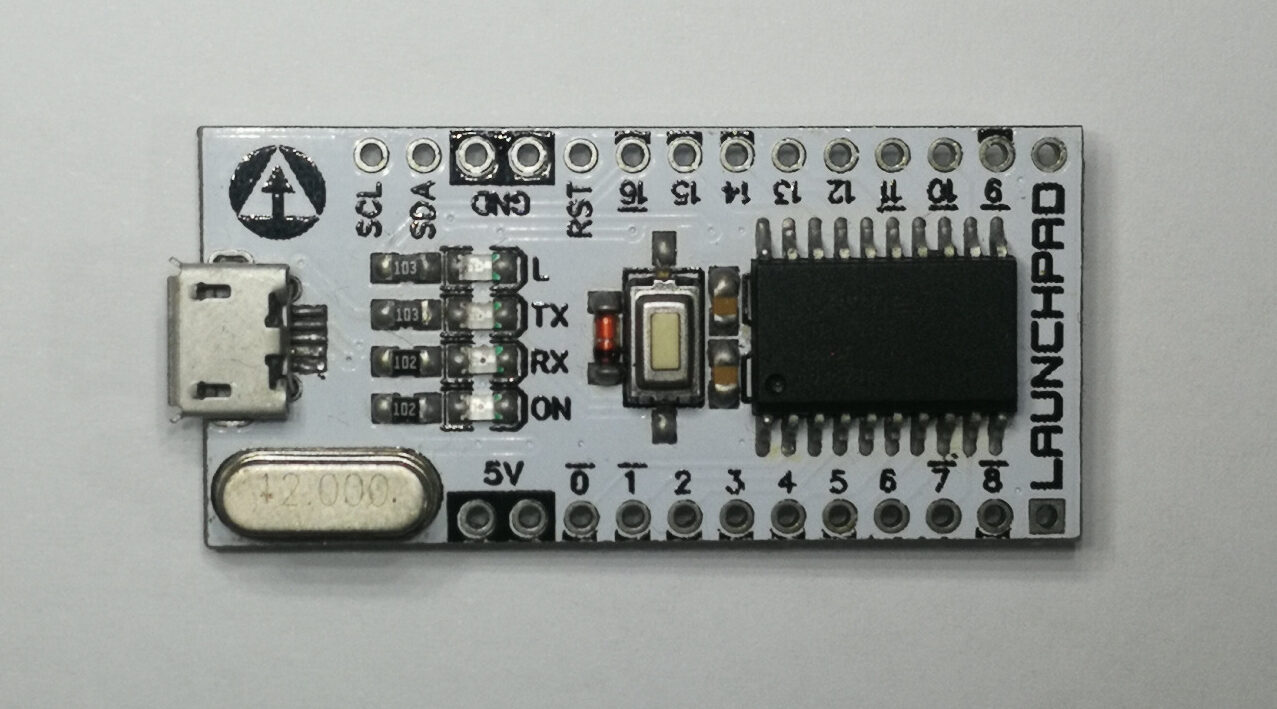
We can’t seem to get enough of Arduino Nano. It has been a “go to” boards for developers since its launch in 2008. We see developers and engineers try to upgrade the Arduino. This has moved Clyde D. Corpuz to launch the Launchpad, which is a small, Arduino compatible microcontroller development board that does away with the old and dated ATmega328p used in the classic Nano in favor of a newer, cheaper, and equally capable AVR microcontroller (currently an ATtiny1616). The goal of this project
“is to design a board aimed at basic education that can be made for as low as $2. The current version has all the features of the classic Nano (albeit fewer pins), plus a faster 20MHz clock speed, and true analog output.”
Also, the project aims to design and create a low-cost (and probably commercially viable) microcontroller development board that is targeted towards both beginners and experts alike; improves upon the Arduino Uno and Nano, and only costs as little as $2 to manufacture. The board should also be intuitive and easy to use for basic education applications.
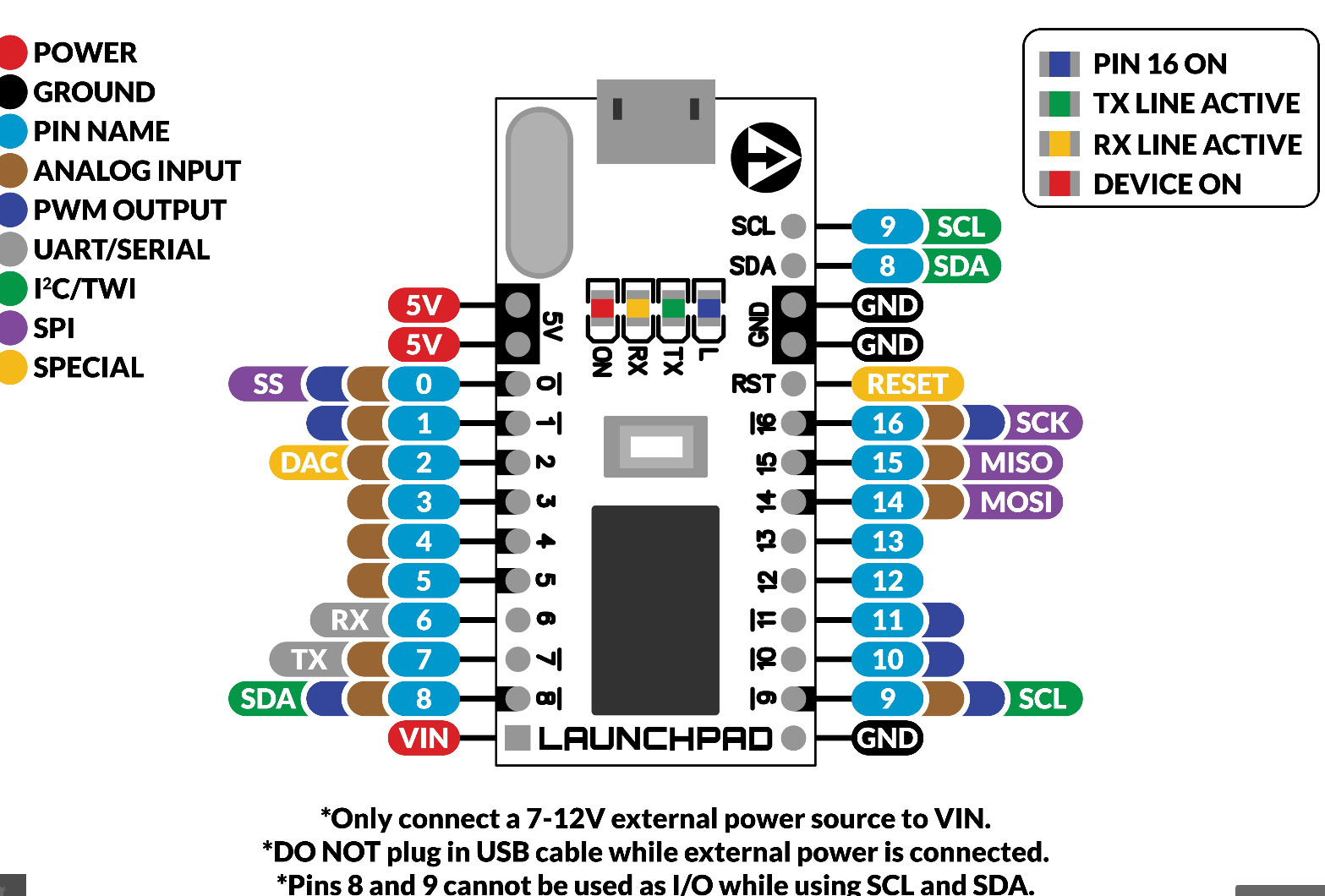
Specifications include for the Current Version (Version 1.0) includes:
- Breadboard-friendly pinout
- Micro USB type B connector
- Microchip ATtiny1616
- 20MHz clock speed
- 16kB of flash memory
- 2kb of RAM
- 256 bytes of EEPROM
- 18 I/O pins (1 is currently configured as the reset pin)
- 8 PWM outputs (8-bit resolution)
- 12 analog inputs (10-bit resolution)
- 1 true analog output (0 – 4.3V)
- UPDI programming interface
- 1 UART
- 1 SPI
- 1 I2C
- Configurable custom logic (CCL) pins
- tinyAVR 1-series architecture (similar to the megaAVR 0-series chips on the Arduino Nano Every and Uno WiFi rev2 boards)
- OptibootX bootloader
- CH340G USB to serial converter
- AMS1117 5V LDO voltage regulator
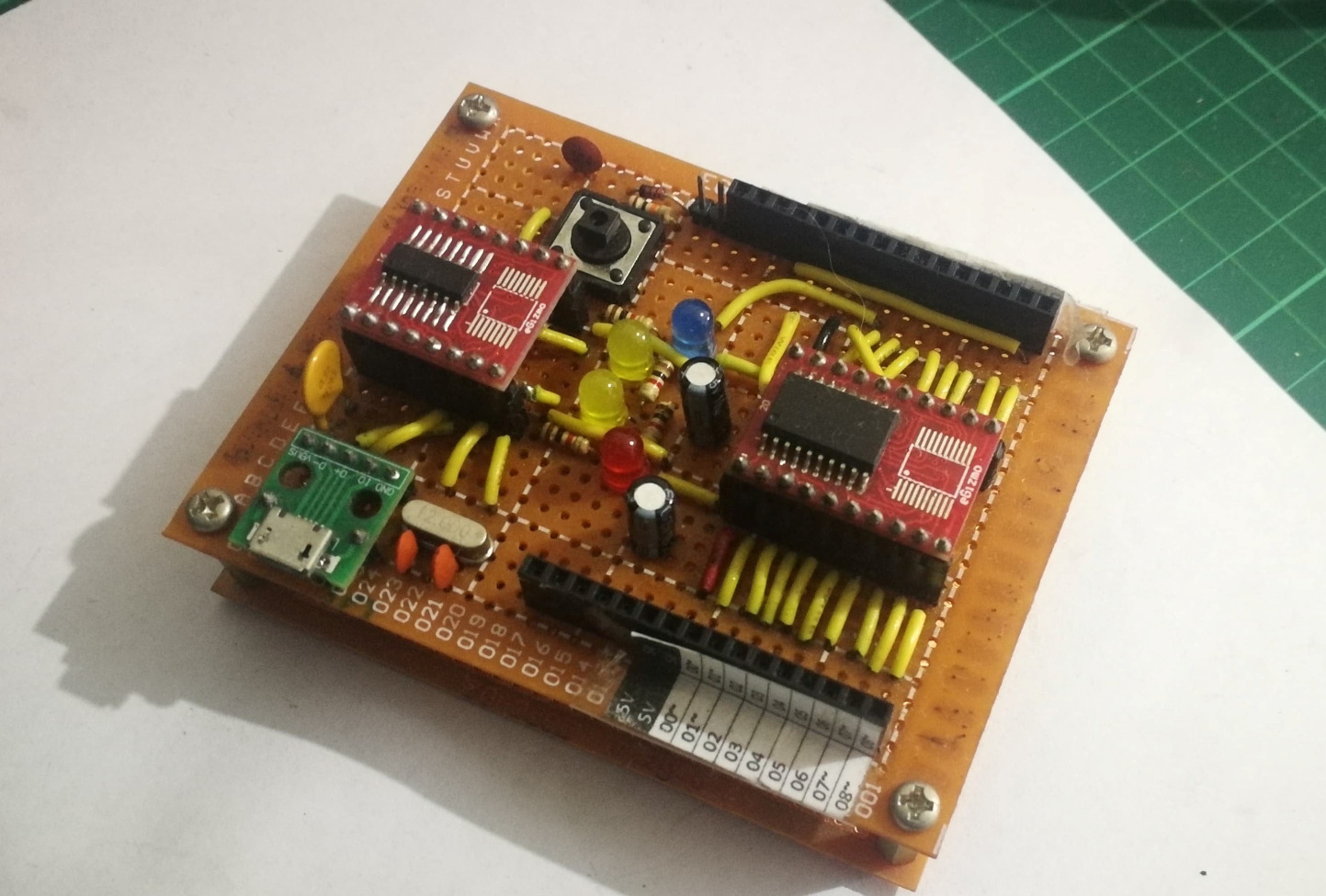
About sales plan, Corpuz says :
“Well, probably. If there is demand I probably will. However, I surely will not be able to sell these at the $2 price mentioned since that only covers the cost of the components and does not include labor and assembly. I’m still assembling boards via hand-soldering so it will take a bit of time and effort to produce.”
Considering the fact that this project is probably the first time Corpuz has ever designed a PCB, we must commend him for his efforts. He says :
“I had to read up a lot on PCB design, concepts, and stuff regarding working with EDA’s. Considering this, I’m very proud of my work and I’m glad to share it all with you.”
The design is open source, and Corpuz will release the design files eventually once He is happy with a version he deevisms “releasable.” Regardless, he is still obliged to release the design files if He puts the board up for sale. For more information on about the board, visit Corpuz’s project page on Hackaday.





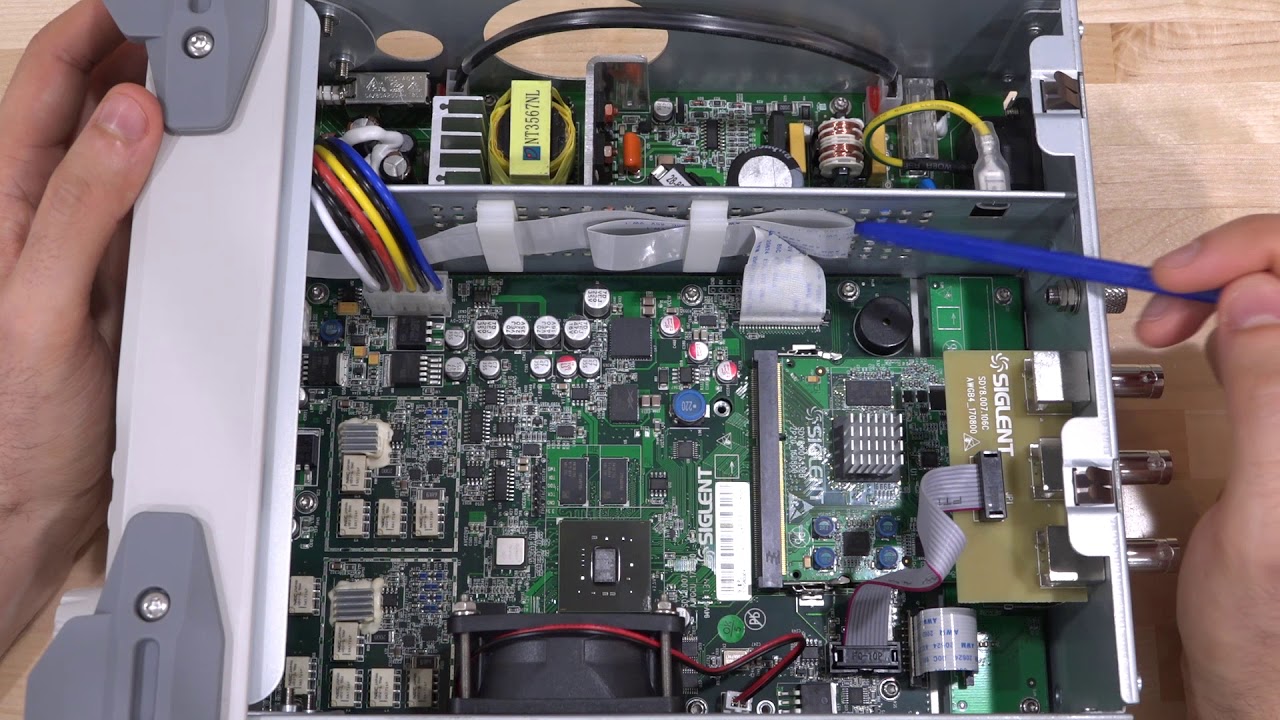
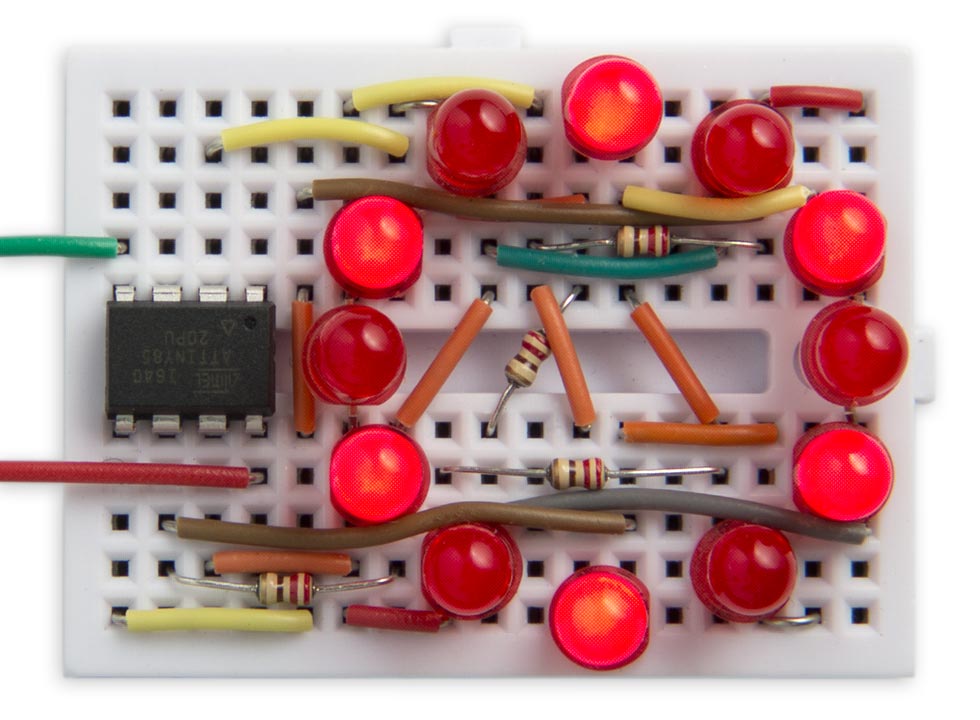
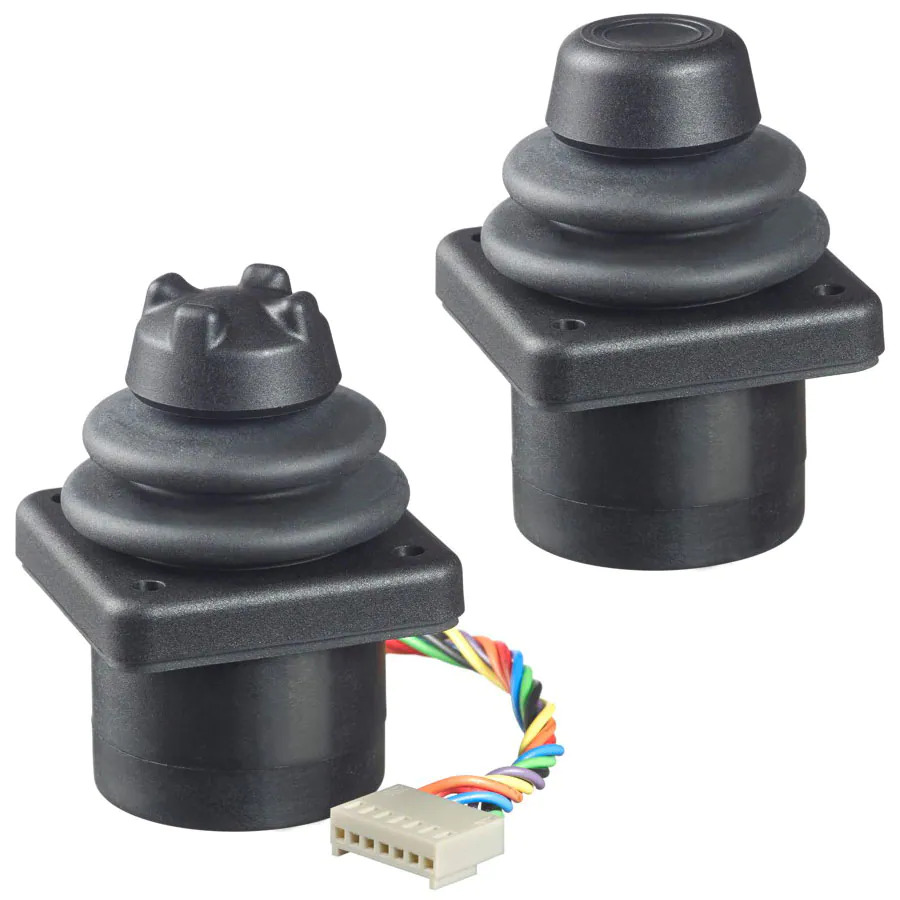
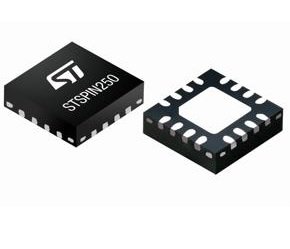
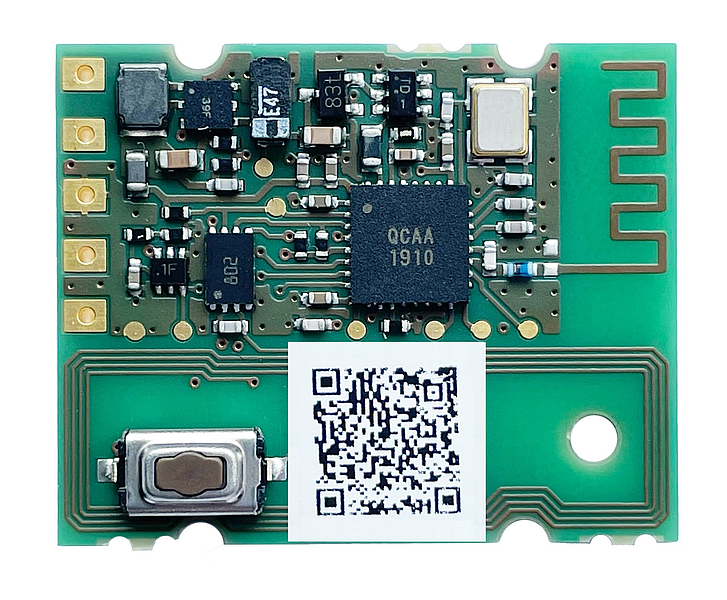






Hmm had they never heard of Ti’s launchpad series when they chose a name?
They said this on their hackaday page addressing the issue:
“Yes, of course. However, I didn’t know that at the time I was designing and ordering the PCBs for version 1.0 (public knowledge of microcontroller development boards isn’t that widespread where I’m from). I deliberated on Launchpad because I’m very interested in spaceflight and that I also envision this project to one day help people have an easy and cheap starting point to turn their ideas and dreams into reality.”